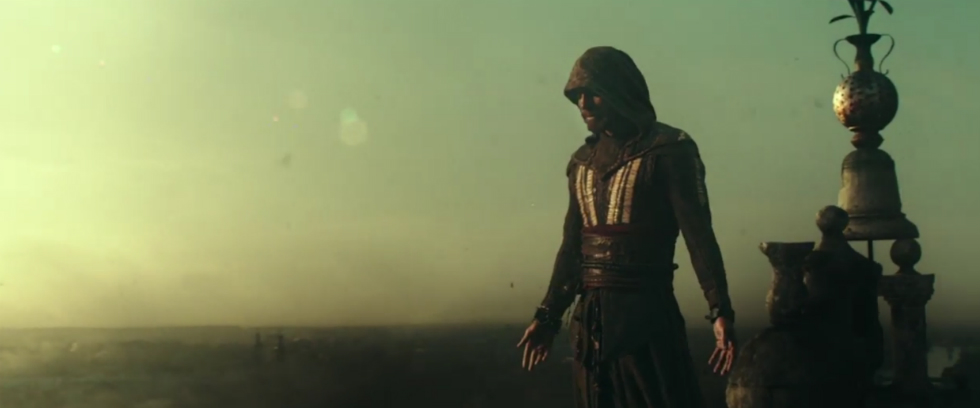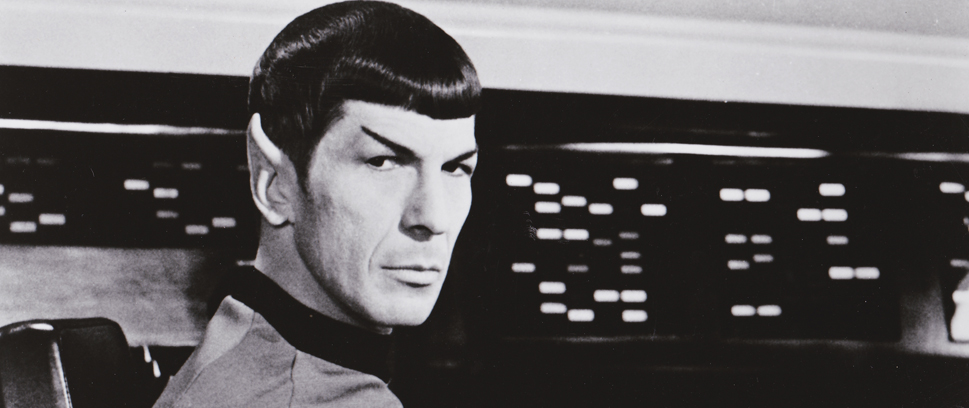
Firewatch, Portal And The Problem With Videogame Movies
News broke last week regarding film adaptations of two popular games.
The first of which came from the mouth of J.J. Abrams, breathing life back into the long-standing rumor of the beloved puzzle game Portal making the jump to the big screen. Abrams has been circling the project for a while, and would bring a high profile to the passion project based one of Valve’s biggest games.
I’m a fan of J.J. Abrams’ work and I love the Portal games, so it was easy to get excited about this news.
However, I was a big fan of Duncan Jones’ films and the Warcraft lore, but the film released earlier this year fell short in several ways. Videogame movies have had a lot of trouble in the past, and we are still waiting for the one that proves the genre’s storytelling potential on screen.
The other announcment last week was Firewatch, a warmly received independent adventure game from Campo Santo studio.
While I was puzzled with the decision when I first heard the news, the linear emotionally focused storytelling of the game might offer a different experience than the typical sci-fi/fantasy adventures we have come to expect from videogame movies.
Firewatch has an intriguing hook to its story, whether you were a fan of the payoff or not. It explores the life of a lonely park ranger and a mysterious connection he finds while deep in the woods. The game plays with emotions and expectations to create a unique experience.
A continuing concern with the growing genre of movies based on games has been recreating what players have come to love. Moments in Warcraft mirror some of the most iconic missions in Azeroth, and Assassin’s Creed highlights the leap of faith and parkour action in its trailers.

But a game like Firewatch, subdued and subtle, doesn’t have that big ‘money shot’ moment that can be used in its marketing. Even Portal, which relies mostly on dialogue and puzzles, has memorable characters and iconography to fall back on.
Firewatch is a puzzling choice for a film adaptation because it takes away almost everything that made the game special. Interaction is key for players as they guide Henry through the Wyoming wilderness.
His words and actions are controlled by the player, and conversely they control the player’s emotions. Firewatch maturely summoned pangs of guilt and regret in a way most videogames can’t, by taking its time and making players feel always in control.
In cases like Portal, the adventurous puzzle gameplay can still be portrayed on screen, for the crux of the game was not the fact that the player needed
to be in charge of solving those puzzles. Removing the responsibility of decision-making and the illusion of choice undermines so much of what makes Firewatch a memorable experience. The narrative is strong, not in spite of being a videogame, but because it was presented as such.
Interaction is key in these instances. For example, the recently released Virginia wasn’t reliant on any gameplay mechanics aside from moving the character and pushing a button to interact with objects, but the experience placed me in charge of those actions, and I felt a greater investment.
Maybe the Firewatch movie is intended to bring the story to a wider audience, but I am fearful that it will come at the cost of losing what made the game so poignant.





